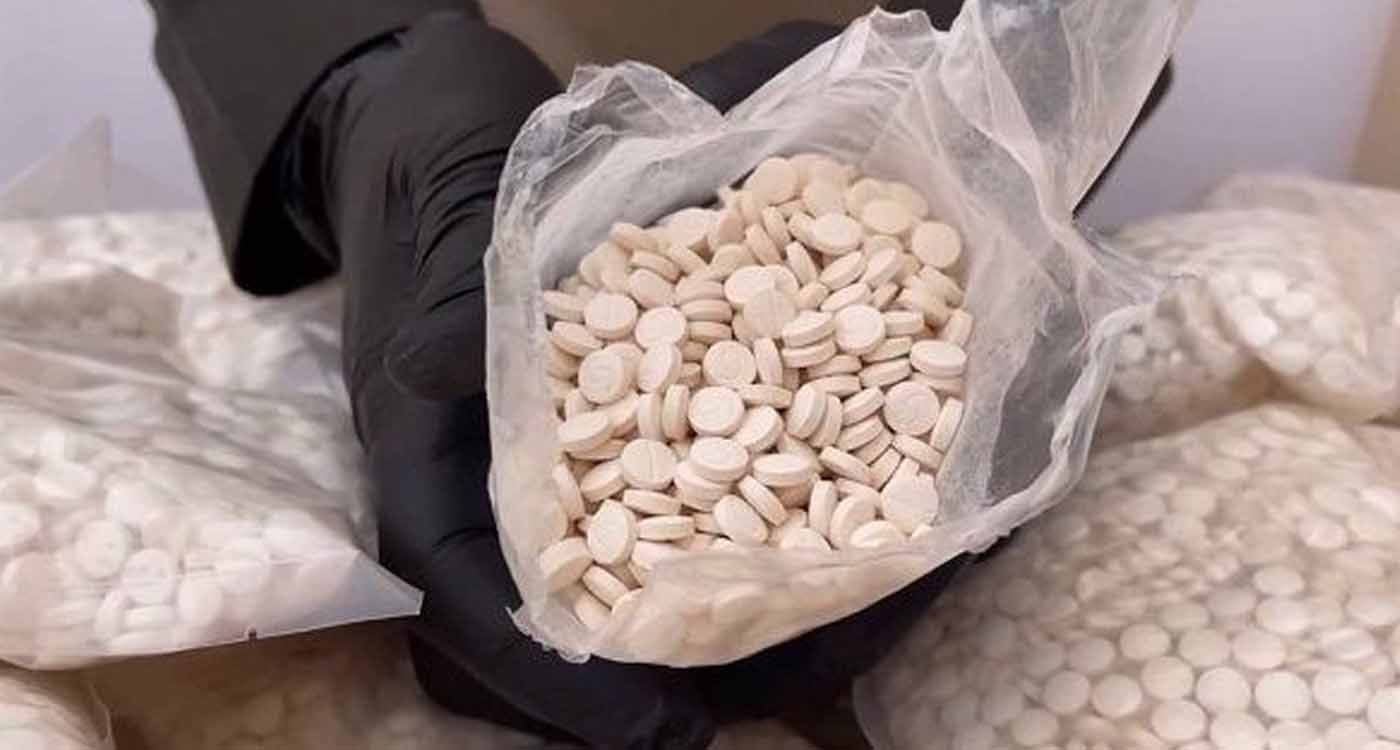
In 2025, Lebanon achieved a significant breakthrough in the fight against the manufacturing and trafficking of Captagon pills– inflicting losses of hundreds of millions of dollars on those behind these illicit operations. Lebanese security forces demonstrated their ability to confront this criminal cartel – a challenge of major local, regional and international concern.
In this context, Lebanon received praise from several international powers, most notably the United States, which provides technical expertise and funding to strengthen anti-drug efforts. Saudi Arabia has also collaborated with Lebanese security agencies on intelligence sharing. This partnership has successfully exposed trafficking networks both into and out of the country.
According to statistics from the Army Intelligence Directorate, the number of Captagon pills intercepted since the beginning of this year has reached 50 million, in addition to 65 million pills seized in Boudai and 5 million more in Ferzol in recent days. This brings the total number of pills intercepted by the army so far this year to 120 million. Considering an average street value of $5 per pill, particularly outside Lebanon, the total estimated value of these seizures amounts to approximately $600 million.
Moreover, the Internal Security Forces also scored a major success against Captagon trafficking, with Minister of Interior Ahmad al-Hajjar announcing on Monday the seizure of 6.5 million pills—valued at an estimated $32.5 million in international markets.
According to army statistics, the number of Captagon pills seized over the past years is as follows:
- In 2020, 1.1 million pills.
- In 2021, 6.3 million pills.
- In 2022, 994,651 pills.
- In 2023, 4.7 million pills.
- In 2024, 11.6 million pills.
In fact, Captagon interceptions began rising sharply in 2024, the same year Hezbollah faced Israeli military action, followed by the fall of the Assad regime. According to numerous international and Arab sources, these events disrupted the Captagon production and trafficking network, which was a key source of funding for both Hezbollah and the Syrian regime. Targeting this network was also a top priority for major Arab and international players, who urged Lebanese authorities and the new Syrian leadership to take action.
The recent Boudai operation exemplifies the army’s local efforts. Following raids in Dar Al-Wassia and Yamouneh, traffickers relocated large quantities of Captagon to the Boudai plain. Armed with intelligence on the new stockpile, the army conducted a raid and confiscated the pills. Army intelligence continues investigations to apprehend those involved, and security sources believe that the criminal network comprises Lebanese and Syrian nationals.




Comments